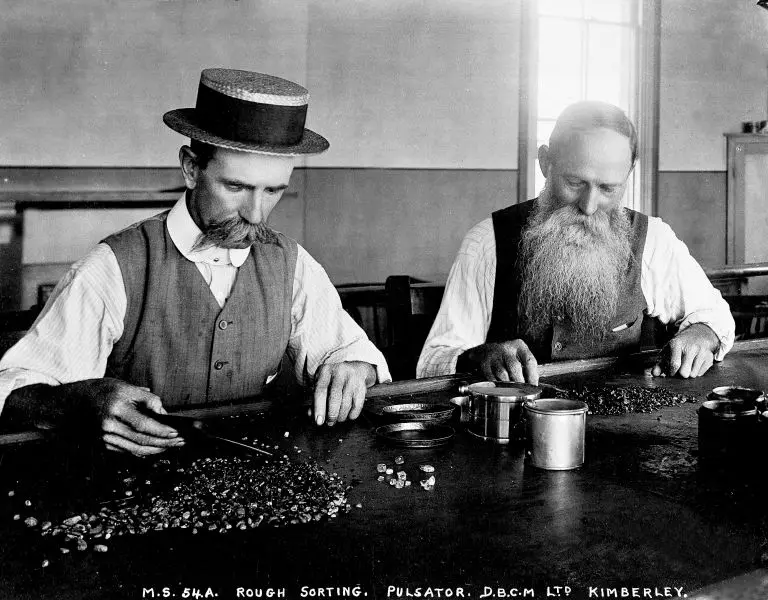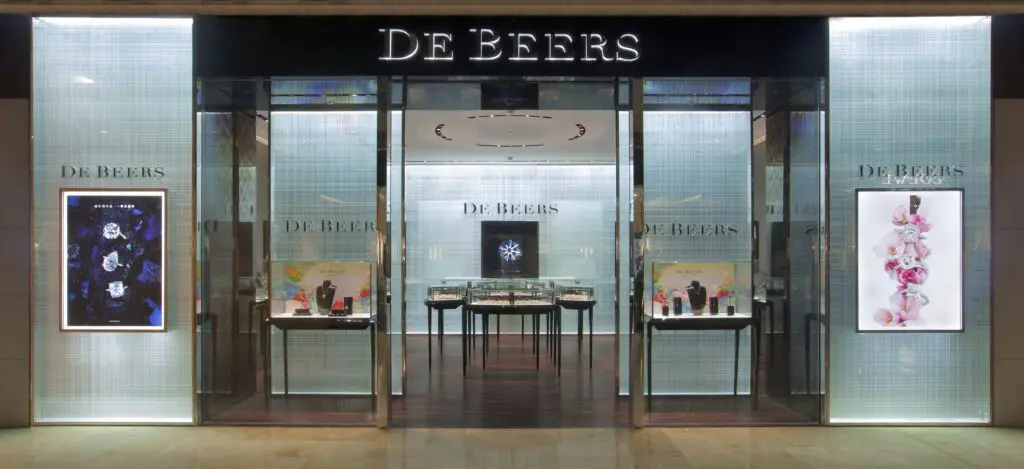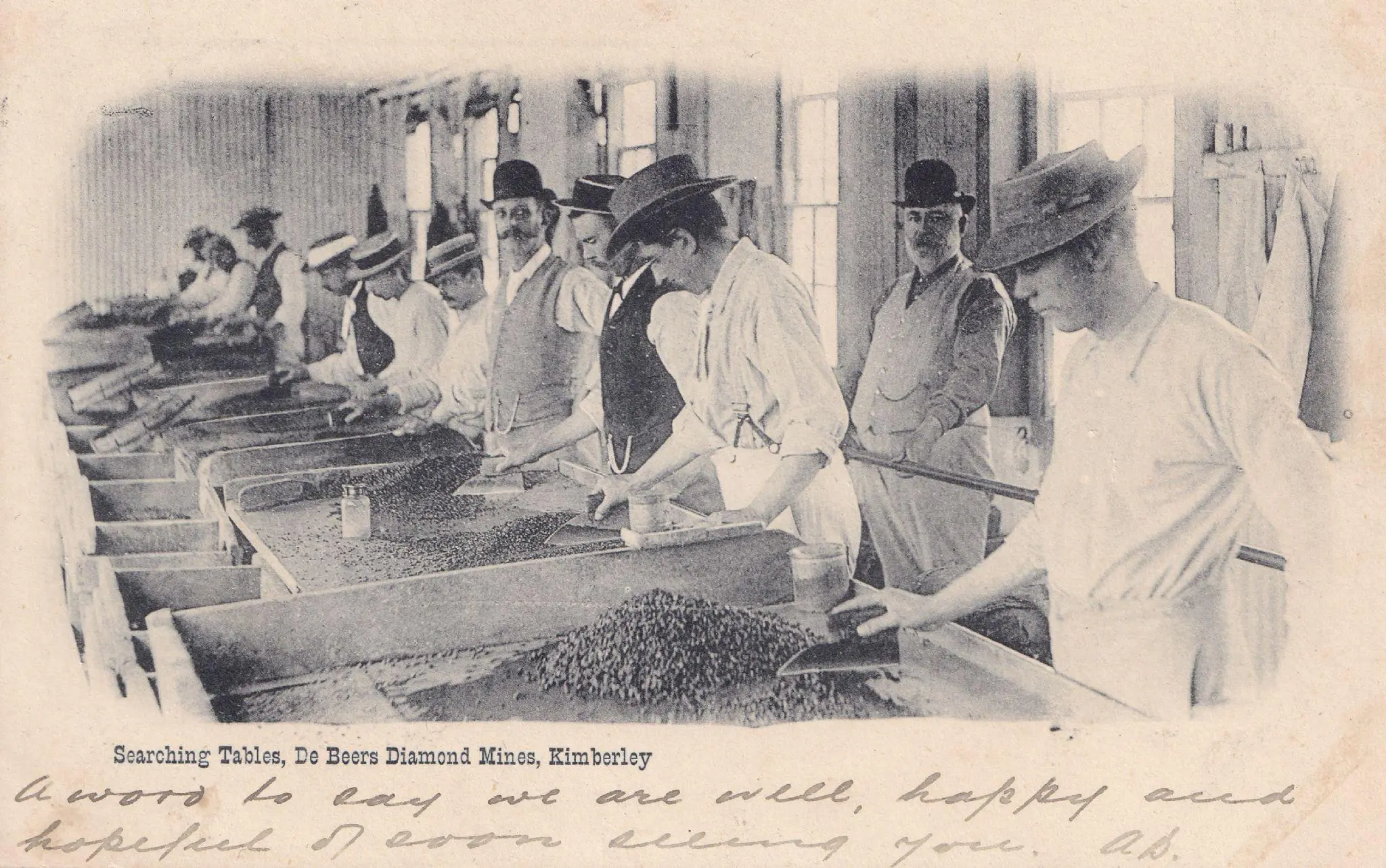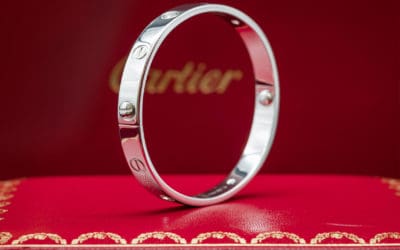When one thinks of diamonds, one thinks of De Beers, founded in 1888, it is now one of the largest diamond concerns in the world. Since its inception today, they have controlled 85% of the rough diamond trade, only losing some foothold to competition in recent decades. They still control 29% of the market. De Beer’s was founded in a dangerous time of war, discovery excitement succeeded through the daring of the founder the help of the British government.

The name comes from two Dutch brothers, Diederik Arnoldus De Beer Johannes Nicolaas De Beer, farm owners settlers. Who were forced to sell by the British government when a large diamond deposit was found on their farm. The discovery that launched De Beers into prominence was made from the fervent diamond hunt of the late 19th century, transforming the De Beer brothers’ farm from a piece of agricultural land into the epicenter of a diamond rush
The path to global domination taken by Cecil Rhodes was through shrewd use of business take-overs, mergers acquisitions. During the 1869 diamond rush, Cecil went from hiring water pumps using the earnings to buy smaller claims to owning the entire diamond production for the country. He did this via a calculated gamble at the time financed his operation with a vast loan from the Rothschild Family.
Monopoly
In history, very few monopolies’ have existed. They tend to be broken up as fast as they can be formed. They tend to drive the price of the goods much higher while they exist for a reason. Often, they are formed by the first company in a region or if the cost of entering the market is very high. The story of the De beers monopoly is very simple. By 1889, Rhodes negotiated a strategic agreement with the London-based Diamond Syndicate, which agreed to purchase a fixed quantity of diamonds at an agreed price, thereby regulating output maintaining prices. This supply agreement was large enough to form a lasting monopoly.
This deal soon proved very lucrative when during a trade slump he simply lowered the level of diamond production. By lowering the number of rough diamonds in the market he was able to control the price.
The Second Boer War
We now see the impact the coronavirus is having on business many people are drawing parallels to wartime. Cecil Rhodes then-fledgeling De Beers company existed in a time when war was all around. The battle was about British control of the country whether he, a British-born capitalist, would retain ownership of his purchased land. It is part of the legend that he moved to a city at the onset of siege to pressure the British government to defend it. It is also recorded that he turned the business to help the war effort. Producing shells, an armoured train, a long gun defences. One can imagine the personal pressure he was under, a vast loan to pay success hanging on the outcome of the war.
A Diamond is Forever

Having weathered the storms of war, competition deaths. The De Beers group turned the massive power of its organisation to marketing. They coined the term “A diamond is forever” in 1947 had the bigger marketing spend than anyone else in the industry. If you have a diamond you’d like to borrow against let us know. We specialise in buying DeBeers jewellery.





